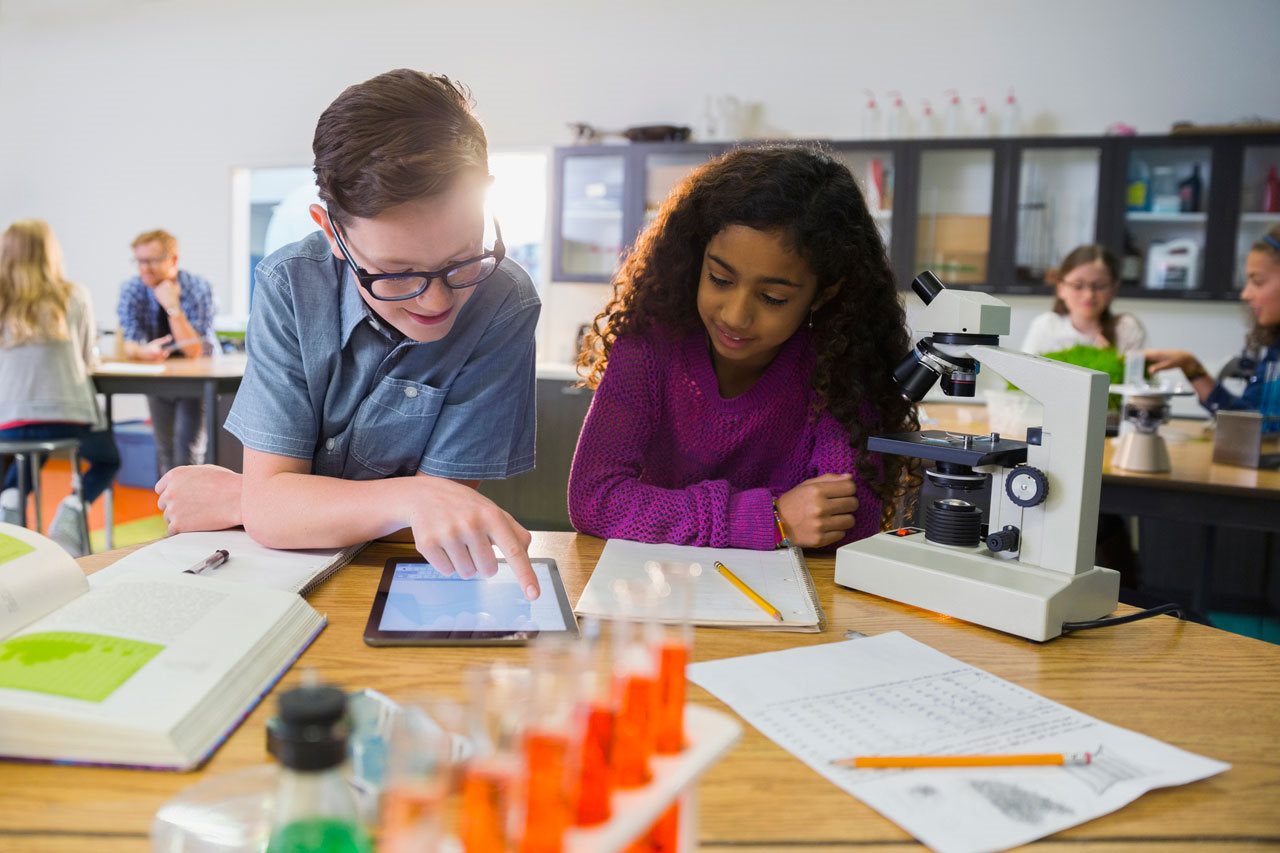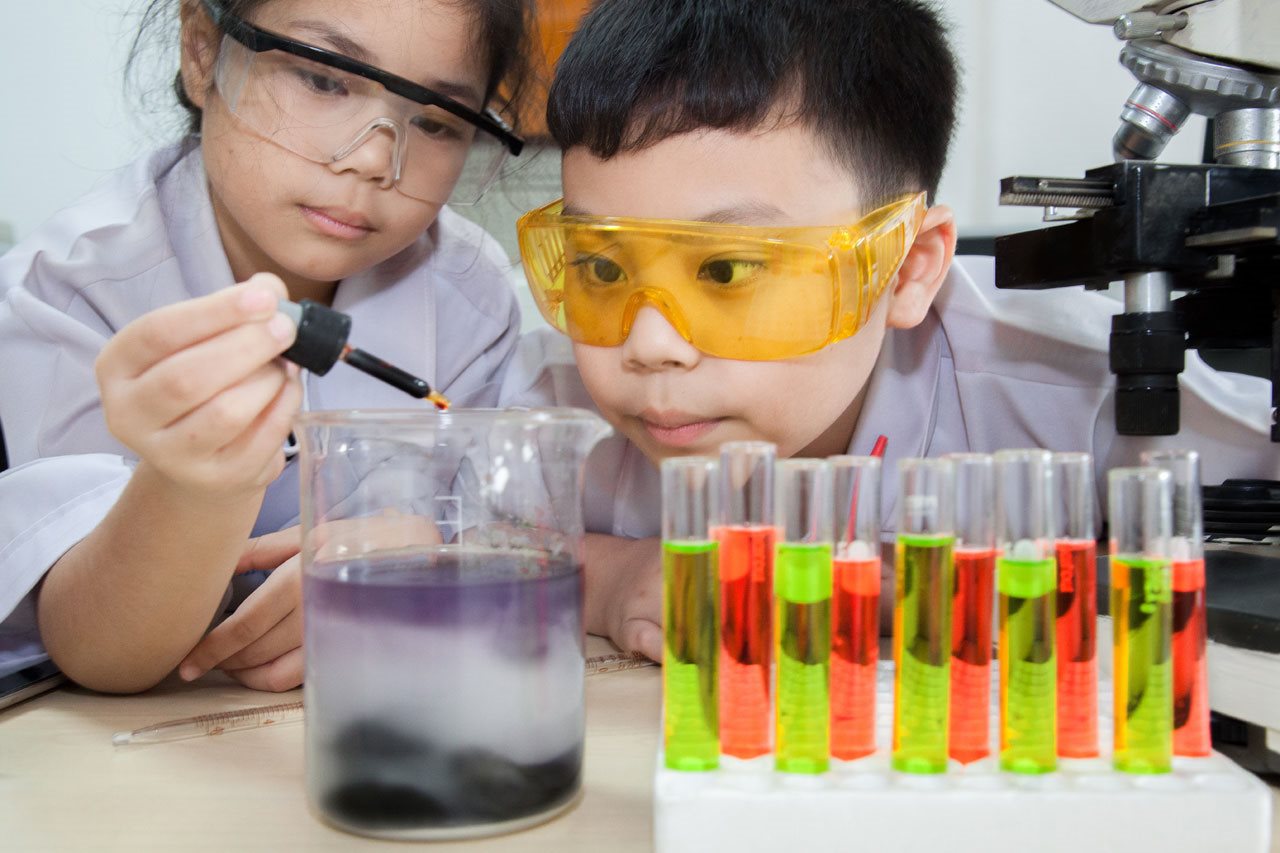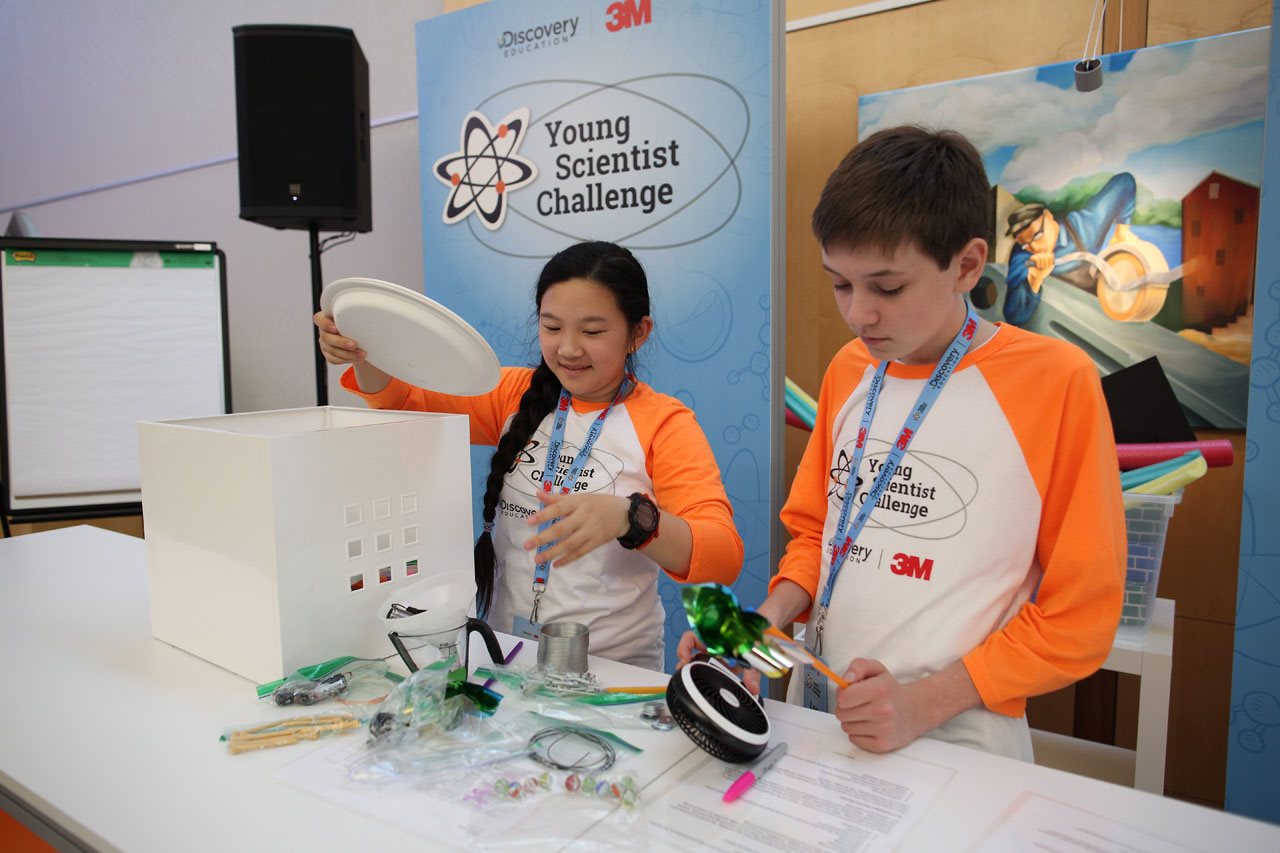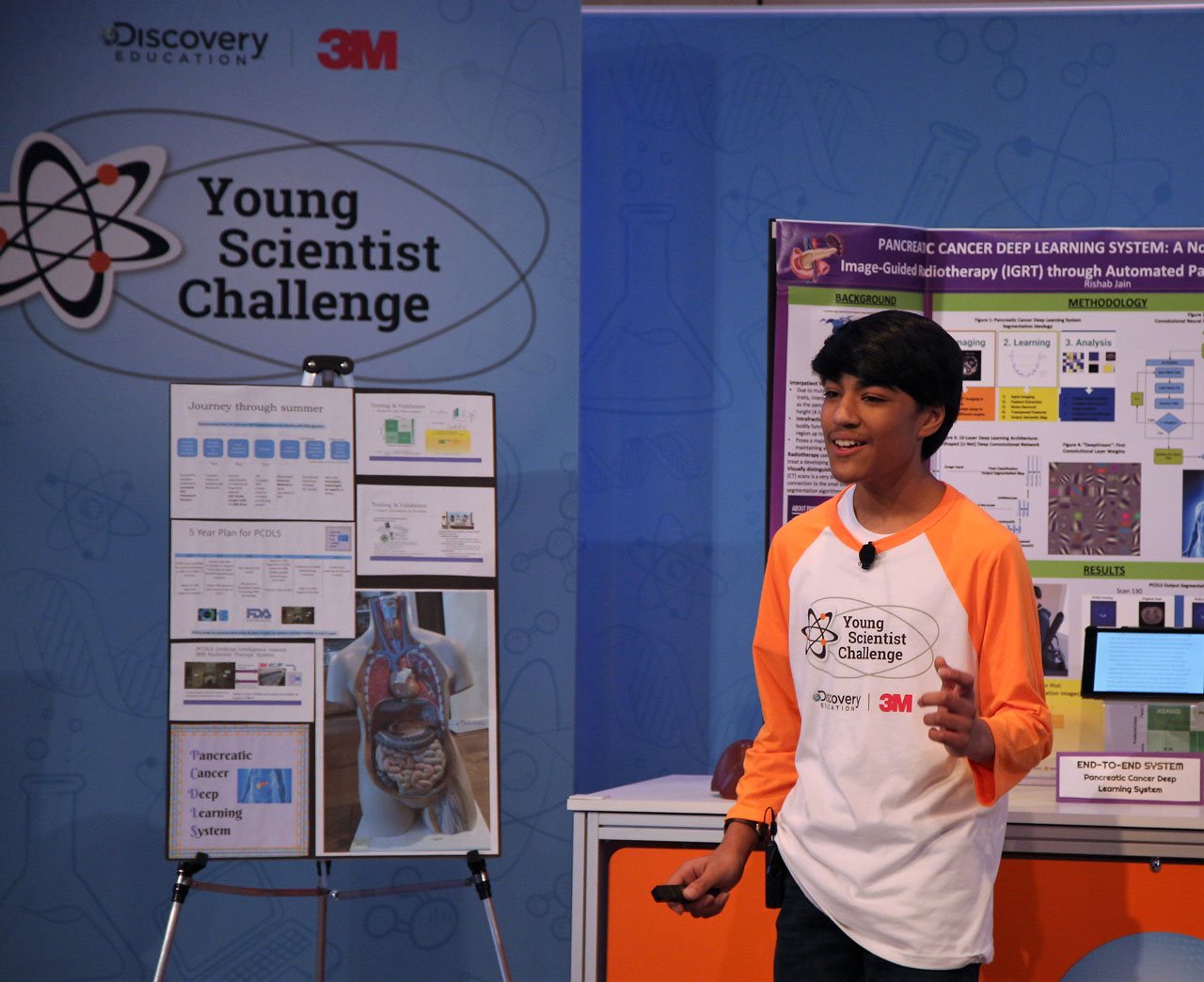(BPT) - What do school science projects and learning to navigate real life challenges have in common? Everything. The process of learning how to create an effective science project taps into everyday skills students need, including critical thinking and communication.
Science projects that expand beyond classroom learning challenge students to grow while learning and flexing critical life skills. The 3M Young Scientist Challenge is a perfect example of this by encouraging students in grades five through eight to develop innovative solutions to real-life problems such as those affecting health, safety, the environment, connectivity, energy consumption and the community. These impressive inventors have the once-in-a-lifetime opportunity to work with a 3M scientist mentor to bring their innovations to life, compete for $25,000 and earn the title of 'America's Top Young Scientist.'
These students demonstrate an ability to take science projects to the next level. For example, 2018 3M Young Scientist Challenge winner Rishab Jain, 14, created an algorithm to make pancreatic cancer treatment more effective by using artificial intelligence to accurately locate and track the pancreas in real time during MRI radiotherapy.
The projects developed by all participants show how they use essential skills, from their initial brainstorming to developing hypotheses, through carrying out research and experiments, to presenting their findings.
Here are four ways science projects help students think critically, learn and develop crucial skills.
1. The scientific method teaches problem solving

Teaching students how to think through a problem, step by step, is a skill students will need throughout their lives. Students create science projects by using the scientific method, a process which begins with the development of a hypothesis. This means the student formulates a potential answer to a question, then uses critical thinking to test the hypothesis and form a conclusion. Along the way, failures may occur, but this is part of the process. In fact, students may learn the most from the challenges that arise during experimentation.
2. Curiosity teaches exploratory learning

The reason scientists observe and investigate in the first place is often simple curiosity. The desire to know how something works or why a reaction occurs drives a scientist to ask questions; this is the first step in thinking through new and innovative solutions. For example, if a student shows interest in chemical reactions, engaging them in chemistry projects will foster his or her inquisitive nature. This intellectual curiosity drives scientists to develop insights about the world and how they can use science to find solutions.
3. Failure teaches persistence

When conducting experiments, determination and patience are required. The chosen experiment may not effectively prove or disprove a scientist's hypothesis; sometimes he or she must rethink the premise and assumptions. Students grow by focusing on why they chose the problem, the steps needed to solve it and the lessons they learn along the way. What students learn from each failure is equally important as getting it right in the end. Jain explains that he had to be patient when running his experiments: 'While frustrating, I always reminded myself that every failure taught me something new and was just bringing me one step closer to solving the problem.' Jain's ability to focus on the initial problem he was trying to solve - not the setbacks - helped him succeed.
4. Science fairs teach communication skills

Students who present effective science projects know it's not just about creating colorful graphics and charts. They must be able to clearly explain what they did, why they chose that problem and how they solved it.
'Good communication skills were essential to make sure my project could be understood clearly,' said Jain. 'Verbal skills were needed to be able to concisely and accurately explain the project and its relevance, while visuals helped me effectively deliver a talk to a large audience.'
The 3M Young Scientist Challenge encourages young minds across the nation to imagine innovative solutions to the world's most pressing challenges. These young people are bound to make a better world by applying these important life skills.
